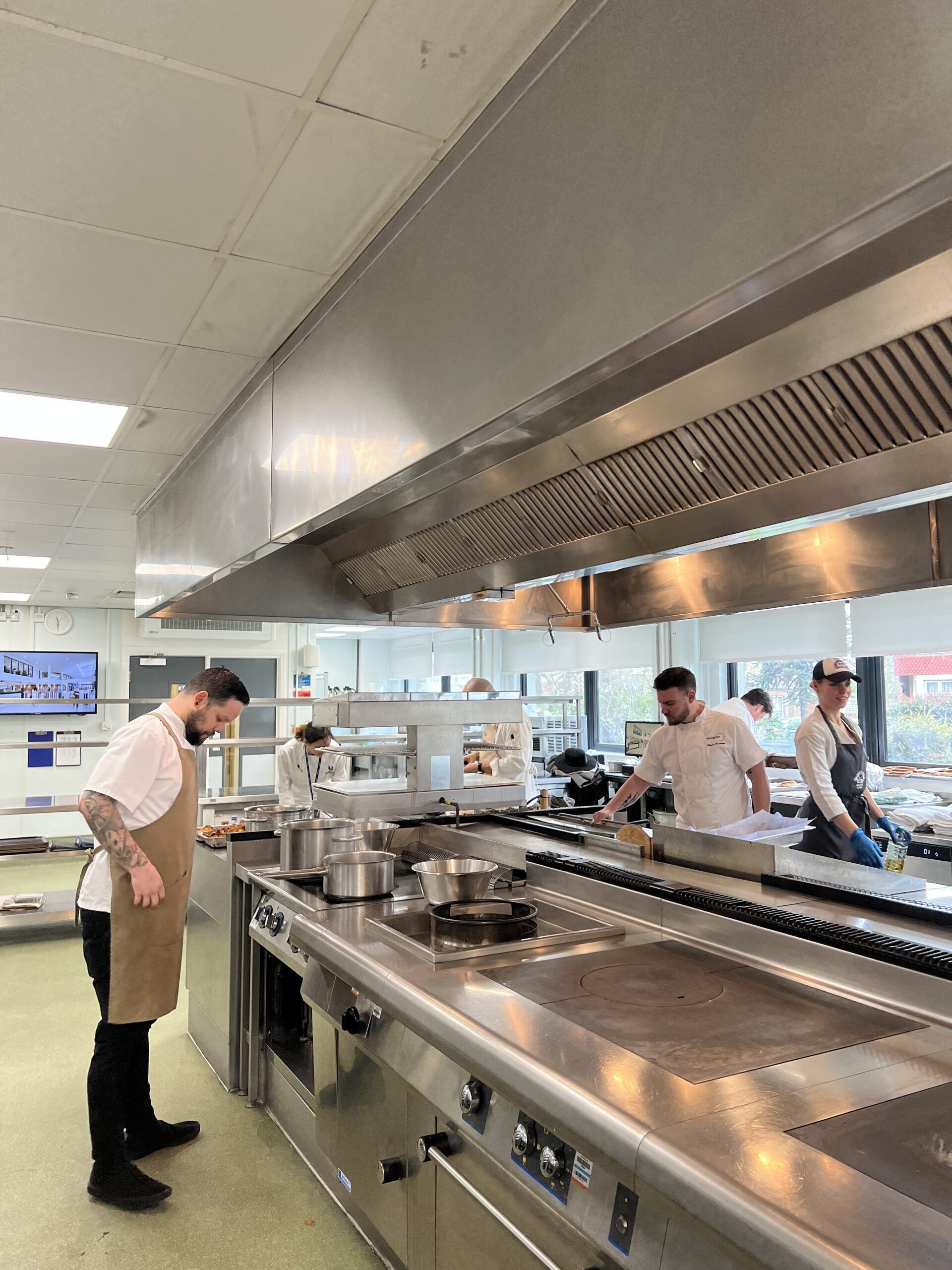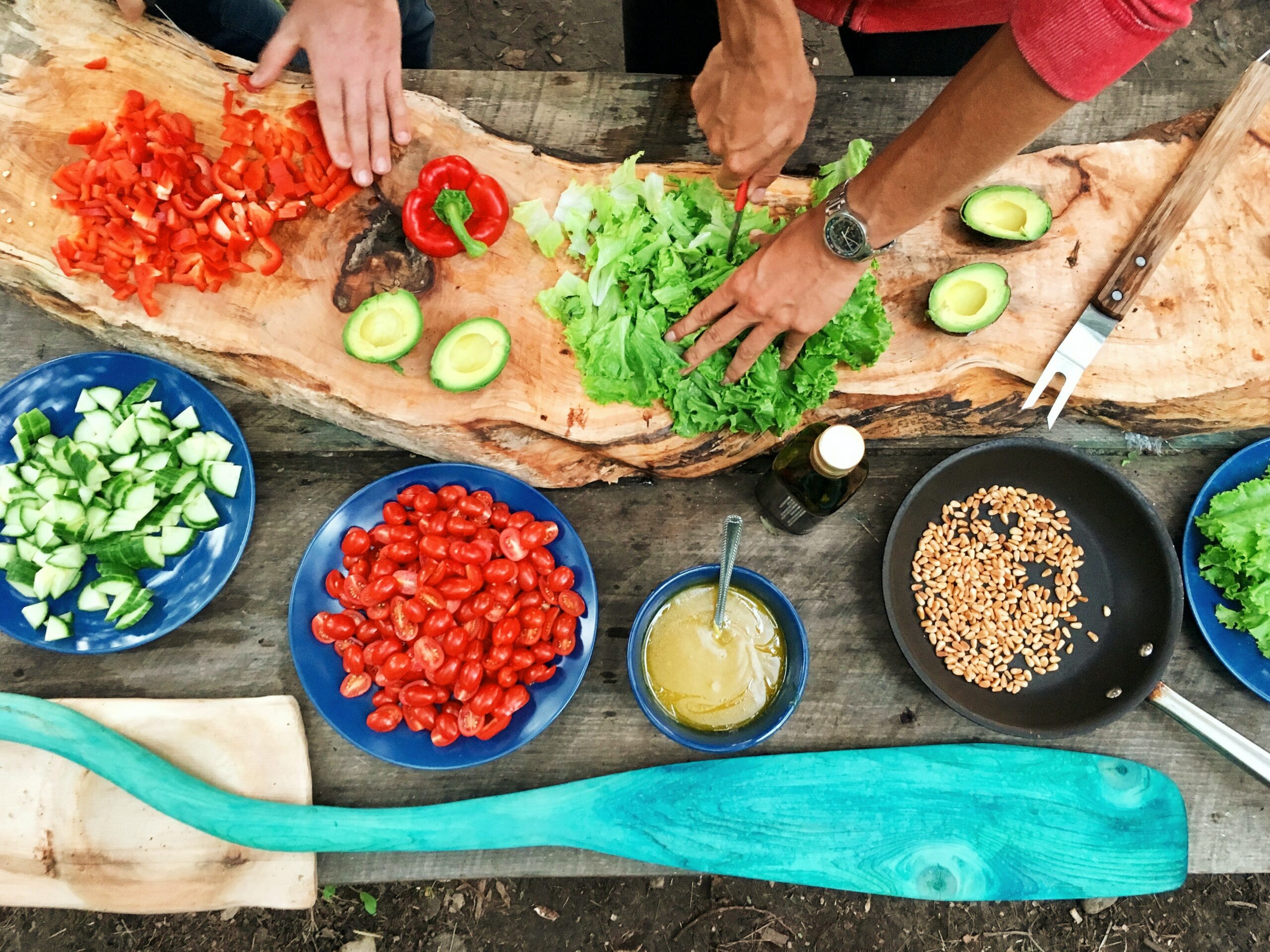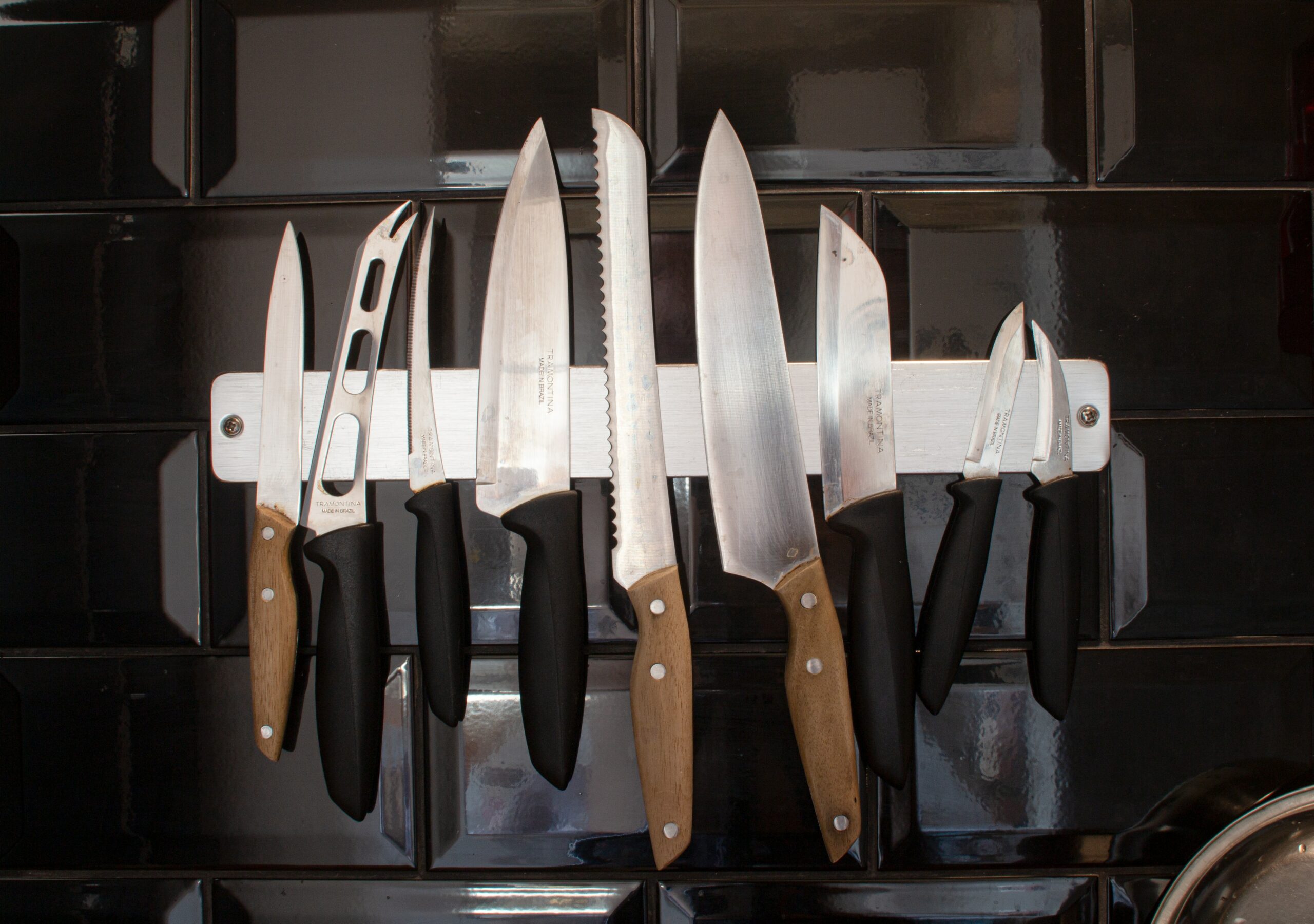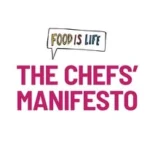The Challenge
The global food landscape is slowly starting to shift, thanks to changing consumer tastes and expectations, as well as growing awareness of the relationships between food production and consumption, the environment and human and planetary health. There are signs of a nascent transition to a food system built around sustainable nutrition, but this urgently needs to accelerate – read more about this in our Future of Food report.
Chefs have a very important role to play in helping to create a “new normal” of rebalanced protein consumption.. From food service to retail to trendsetting restaurants, chefs create millions of meals every day and influence both the food industry and general food culture through their sourcing and creative decisions. Pressure is mounting on the food industry to provide healthy, sustainable meals, with a better balance of plant and animal protein. A survey from the Sustainable Restaurant Association (SRA) also found a strong appetite for an environmentally and socially responsible recovery as restaurants and caterers build back from the COVID-19 crisis.
This indicates an urgent need – and opportunity – to equip future chefs with the knowledge and skills to create tasty, nutritious, and more sustainable dishes. This can be achieved through a significant update to mainstream training – traditionally heavily focused on meat and dairy, with little emphasis on nutrition or sustainability – making it the norm to integrate sustainability into culinary training as standard and from the very start.
Our solution
Over the 2019/20 academic year, Forum for the Future worked with the University of West London on an exciting collaboration to integrate sustainable food and protein into mainstream culinary education.
Our overall aim is to help transform mainstream culinary education in line with the knowledge and skills that chefs need for a more sustainable food future.
We created an introductory programme of eight lessons, each on key sustainability themes and related skills, and piloted the lesson programme with students on two food management degree courses.
Each three-hour lesson is designed to be easily adapted and integrated into the existing structure of most culinary skills modules. The lessons include both an introduction to key issues – such as biodiversity, food waste and the environmental impact of animal protein – and practical activities focused on traditional, widely-taught recipes, but with less or no animal protein, and more vegetables and plant proteins.
The learnings and recommendations from the pilot, as well as multiple industry stakeholder roundtables, discussions and a chefs survey, have been distilled into a Future Plates Insights Report.
It has an accompanying Handbook containing the teaching resources (tips, structure, lesson plans and PowerPoint presentations), which are easily adaptable and designed to be integrated into almost any mainstream culinary education course.
This is only a starting point. We hope that, with the insights, recommendations and free teaching resources provided, this pilot will empower more culinary educators to take action. We aim to work with more culinary skills providers over 2022/2023 to take up the programme, and potentially to adapt it for on-the-job chefs training too.
It’s clear that mainstream culinary education is part of a much-needed, broader skills transition. We also want to inspire more discussion and action across industry, academia and the culinary arts world about the future of food and protein, the implications for culinary skills (and food industry skills more broadly), and how to enable chefs and other food professionals to reach their full potential in driving a widespread and rapid shift to sustainable, healthy diets with a better balance of protein.

Be part of the change
We would love to hear from culinary skills providers and others interested in collaborating and trialing the new lessons. For example:
- Universities and culinary institutes, in the UK, Europe or elsewhere, who’d like to integrate our teaching resources and/or discuss additional pilots or support around embedding sustainability into their courses
- Those already testing ways of embedding more sustainability knowledge and skills are interested in sharing insights with us
- Food businesses and industry-side chef trainers, interested to explore transforming on-the-job training (e.g. through in-house academies or work-based training programmes)
The Future Plates pilot is part of the Protein Challenge 2040, an ambitious collaboration to create a more sustainable future for the protein sector.



